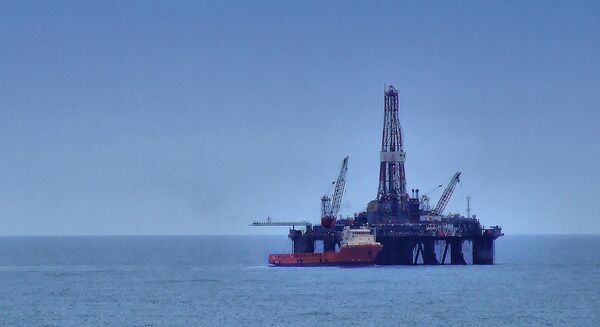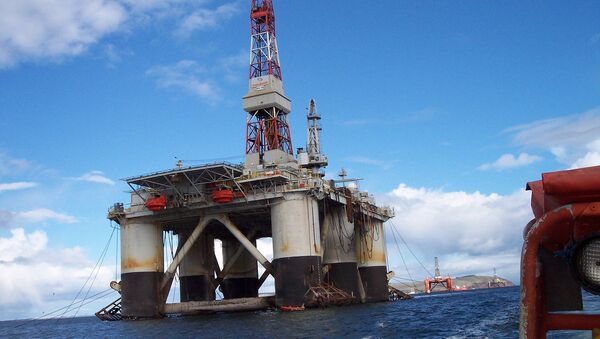Speaking to a range of business and government officials at a meeting in Aberdeen, Oil and Gas UK CEO Malcolm Webb said that difficult business conditions had left the industry at "great risk," with the falling oil prices not to blame entirely for the slump in the industry locally.
"It is vitally important that we don't delude ourselves into thinking that the real problem is the price fall and that all will be well when the oil price comes back," Webb said. "The truth is our problems were already of serious concern when the price was $100 per barrel and a simple rebound to that level will not resolve matters. The real problems besetting the North Sea have been with us for many years. What the price shock has done is exacerbate a crisis which was already brewing."

Mr. Webb said that the industry needed to make some "tough decisions" in regards to cutting operating costs and becoming more efficient, while he also called on Westminster to introduce tax reforms to assist the ailing industry.
"In order to be encouraged to persevere on the UK Continental Shelf, the industry needs to see… a permanent reduction and simplification of the tax burden," he said. "If not many will quietly turn away and invest elsewhere."
We all know what needs to be done on tax.. upcoming budget is a chance to get this right — Malcolm Webb
— Oil & Gas UK (@oilandgasuk) February 2, 2015
This follows similar comments made by Scottish First Minister Nicola Sturgeon, who said that taxation changes were needed to allow the industry to survive.
Ms Sturgeon said that "a substantial package of measures [should] be announced without further delay in order to safeguard investment, jobs and the long term sustainability of the North Sea."
The comments bring to light more questions over the long-term sustainability of the North Sea oil and gas industry, with many analysts suggesting the potential output from the oil fields is in terminal decline.
There are fears that the continued drop in global oil prices — currently at US$53 per barrel — could result in a significant halting of activity in the North Sea's oil fields.
These concerns were compounded by news earlier this month that British energy company BP was to axe 300 jobs from its North Sea operations, with fellow major player Shell last year also announcing a reduction in North Sea staff.


